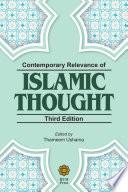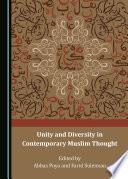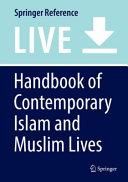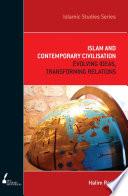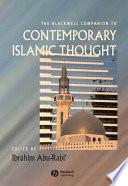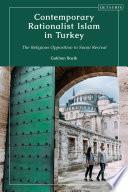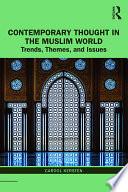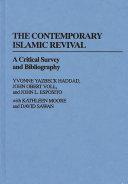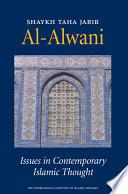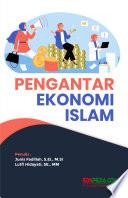
Pengantar Ekonomi Islam
Ekonomi Islam berbeda dengan sistem kapitalisme, sosialisme, atau sistem ekonomi lainnya. Ekonomi islam merupakan sebuah sistem ekonomi yang sarat dengan moral ethic, disusun berdasarkan sumber hukum Islam, yakni Al Qur’an dan Sunnah serta sumber lainnya yang diakui dalam ajaran Islam. Ekonomi Islam bukanlah sebuah sistem ekonomi yang baru, melainkan sudah ada sejak Zaman Rasulullah Saw, kemudian direkonstruksi pada beberapa dasawarsa terakhir karena dianggap sebagai sebuah alternatif sistem ekonomi disaat sistem ekonomi yang ada saat ini tidak mampu menjawab atas berbagai permasalahan ekonomi yang ada, seperti kemiskinan yang merajalela, kesenjangan ekonomi si kaya dan si miskin, pengangguran yang terus meningkat, dan sebagainya. Buku ini garis besarnya memuat tentang dasar-dasar pemahamam ekonomi Islam, pemikiran ekonomi islam, konsumsi, produksi, dan distribusi dalam pandangan ekonomi Islam. Selain itu, buku ini dilengkapi juga dengan soal-soal latihan.
- ISBN 13 : 6238634677
- ISBN 10 : 9786238634675
- Judul : Pengantar Ekonomi Islam
- Kategori : Religion
- Penerbit : PT. Sonpedia Publishing Indonesia
- Bahasa : id
- Tahun : 2024
- Halaman : 214
- Google Book : https://play.google.com/store/books/details?id=cswNEQAAQBAJ&source=gbs_api
-
Ketersediaan :
Buku ini garis besarnya memuat tentang dasar-dasar pemahamam ekonomi Islam, pemikiran ekonomi islam, konsumsi, produksi, dan distribusi dalam pandangan ekonomi Islam. Selain itu, buku ini dilengkapi juga dengan soal-soal latihan.

